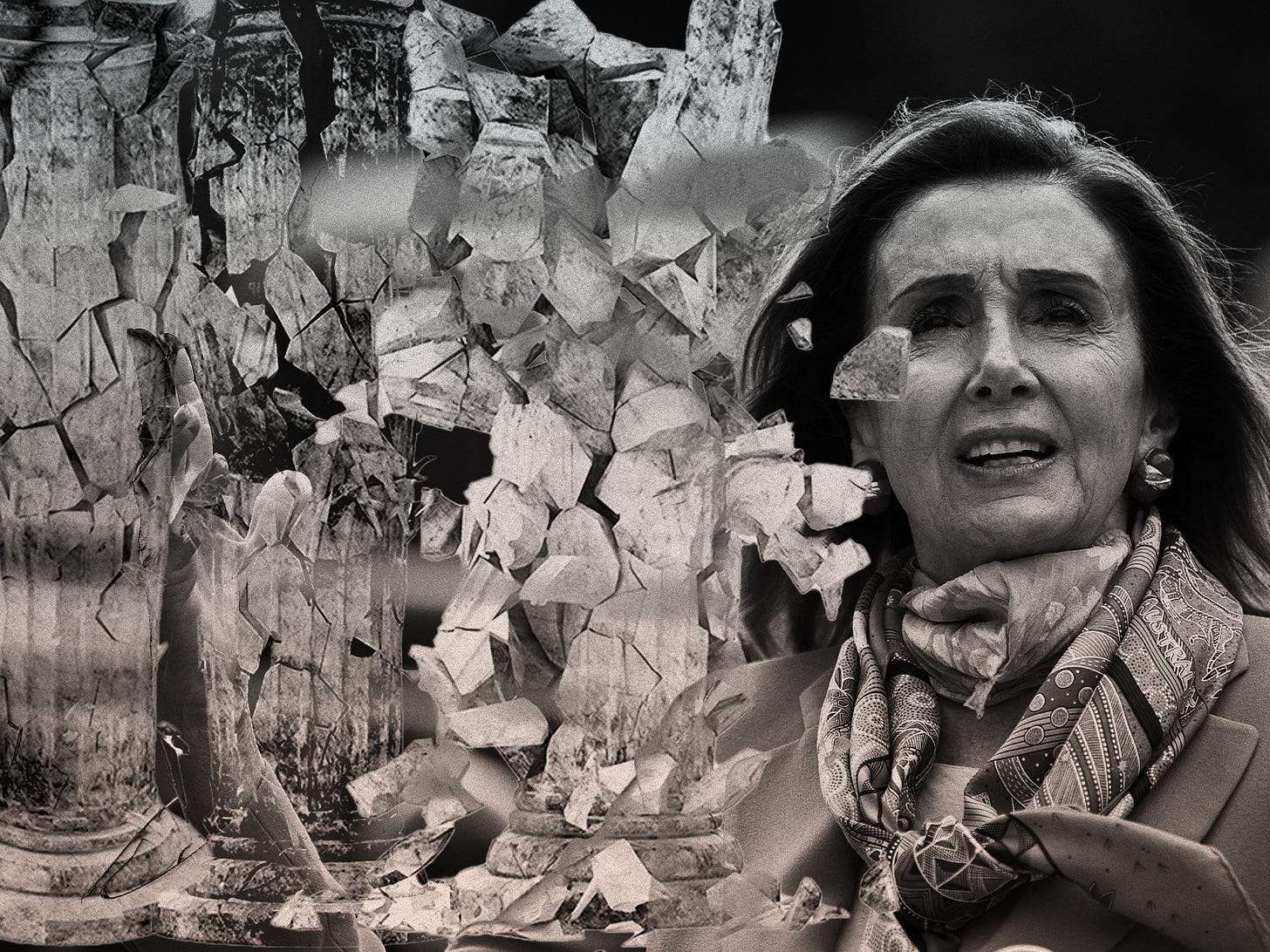Democracy Cannot Survive the Fracturing of the Democratic Coalition
When anti-authoritarian coalitions splinter, the authoritarians take over.
In the early days of the first Trump presidency, our organization cohosted a “Summit for Democracy” at which the keynote speakers were a Democratic senator, a Republican senator, and opposition leaders from Russia, Poland, and Egypt who had experience facing off against autocrats. At the end of the event, the foreign opposition leaders were asked to each give one piece of advice to Americans now facing the specter of authoritarianism. The Polish MP Agnieska Pomaska said this: “Don’t let the opposition fracture.”
Her advice was born of experience. In Poland, the increasingly autocratic ruling party, Law and Justice (PiS), initially rose to power in 2015 on only plurality support (35 percent in the first round of voting) because the opposition could not stay united. In Hungary, the autocratic Fidesz Party managed to translate its own plurality support into legislative supermajorities in large part because the Hungarian opposition fractured in the lead-up to both the 2014 and 2018 elections.
Once in power, both PiS and Fidesz then engaged in a program of dismantling democratic institutions and checks and balances.
In both countries, the opposition in more recent years worked harder and with more success toward unity. In Poland, the opposition may still have a shot, although they are at a disadvantage since the media and the courts have already been weaponized against them by the autocrats in power. In Hungary, changes to election laws and the constitution likely make it too late.
Even in states where autocratic leaders have a firm grip on power, a united opposition is their greatest fear. That’s why in this month’s Russian parliamentary elections, Vladimir Putin ordered Apple and Google to shut down an app that was being used by Russian dissident Aleksei Navalny to organize opponents of Putin’s rule to strategically coordinate their votes. Indeed, Putin is so scared of Navalny’s potential to unify the opposition that he’s tried to assassinate him and is currently holding him in prison on manufactured charges.
A united opposition is the best way to defeat an autocrat. And a fractured opposition opens the pathway for one to attain power.
This is a precept that America’s Democratic coalition ought to have top of mind this week. Especially those parts of the coalition threatening to derail the legislation House and Senate leaders plan to bring to the floor.
Because while each wing of the governing coalition may feel that aspects of the policies they prefer are good for—and even necessary for—democracy, if they can’t reach a deal, not only will they not deliver on any of those policies, but this failure will be a boon to the authoritarian forces waiting to regain power.
There are practical political reasons why the failure to pass either of the bills would help the anti-democratic forces. (The lack of legislative accomplishment is likely to hurt Democrats in 2022 and weaken President Biden in 2024.) But more important may be the psychological component. If Democrats cannot govern even with the presidency and majorities in both houses, then it would demonstrate to the American people that democracy may not be workable in our current moment. And it’s in situations like that when a strongman who promises that “I alone can fix it” becomes more attractive.
But it’s important to note that this lesson ought to be heeded by the full anti-authoritarian coalition. Which means not just Democrats, but pro-democracy Republicans.
Mitt Romney and other Republican senators ought to understand the importance of unified opposition, too. Because while Reps. Liz Cheney and Adam Kinzinger and the seven Republican senators who voted to convict in Donald Trump’s second impeachment have been admirable, they have not yet collectively done the thing that saves democracies from authoritarian takeovers: forming a governing coalition with their traditional opponents, even if only on issues about democracy itself, to block the autocrat’s path to power.
In their book How Democracies Die, the Harvard scholars Steven Levitsky and Daniel Ziblatt compared four countries' experiences in interwar Europe. In Belgium and Finland, far-right extremist parties gained some traction after World War I. In both countries, the center-right united with the left to block those anti-democratic parties from ascending further to power.
In Italy and Germany on the other hand, the center-right in both cases chose not to do that, and instead sought to co-opt the political appeal of rising far-right movements by incorporating them into their ranks. We all know what happened next.
Thus far, most pro-democracy Republicans have chosen to try to tame, or co-opt, the rising authoritarians in their midst. This is a mistake. Stopping the next authoritarian attempt will require a broad, united opposition.
This unity of purpose is more crucial than any legislation.


